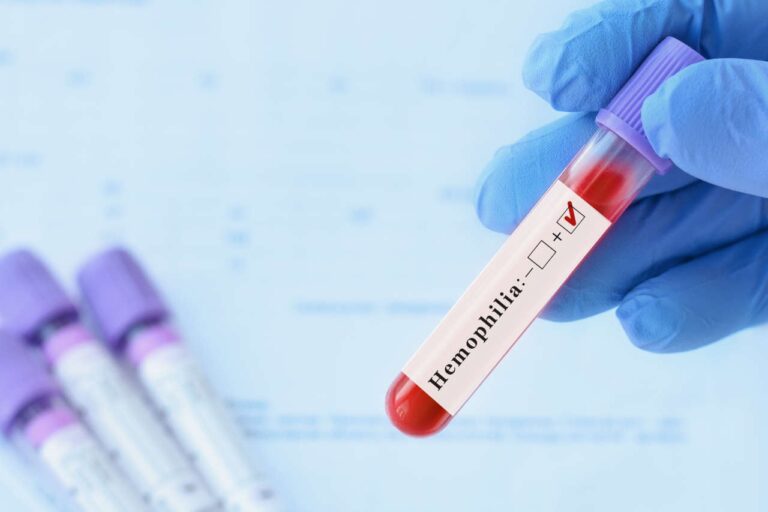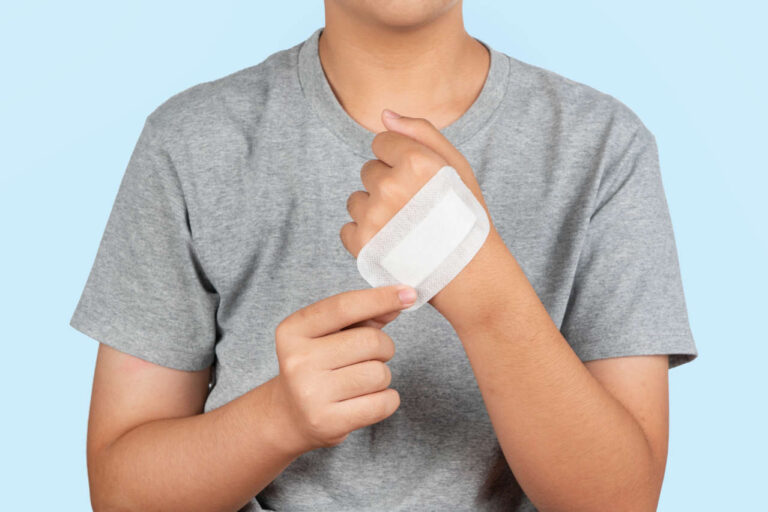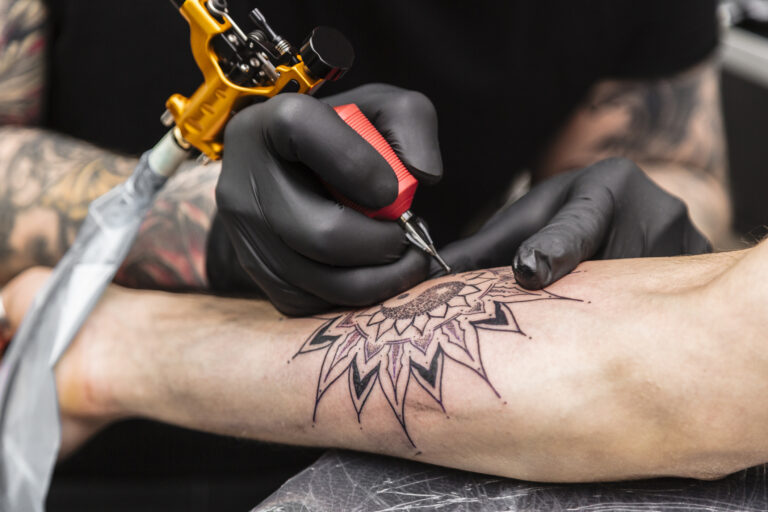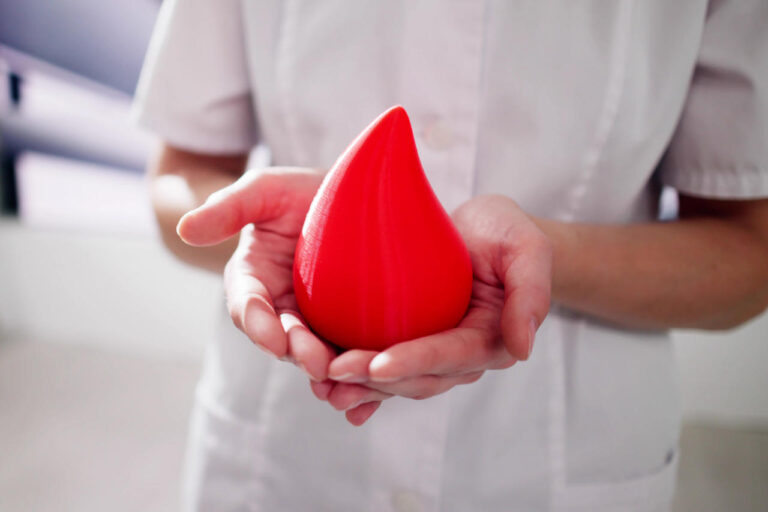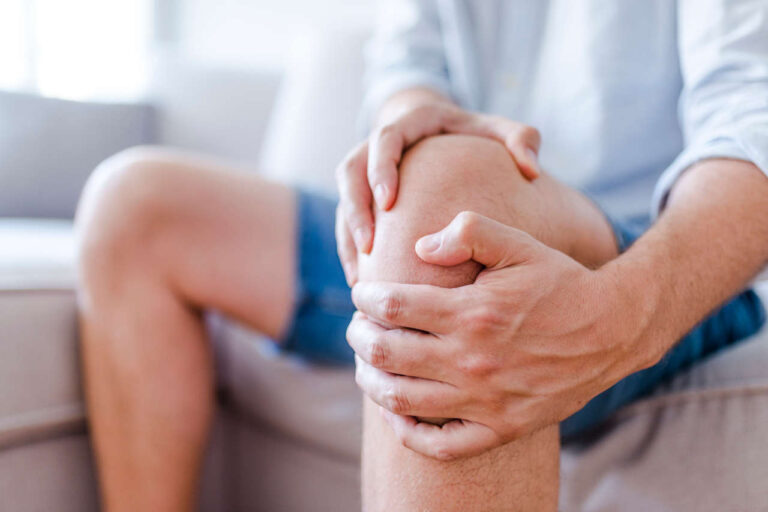
Du lịch thường đòi hỏi một số kế hoạch. Và nếu bạn có các tình trạng sức khỏe như bệnh máu khó đông, việc lên kế hoạch khi đi du lịch thậm chí còn phức tạp hơn vì bạn phải thực hiện các biện pháp phòng ngừa và an toàn bổ sung. Bệnh máu khó đông là một rối loạn chảy máu khiến máu không đông đúng cách, có thể gây chảy máu tự phát hoặc chảy máu đáng kể ngay cả khi bị thương nhẹ. Nỗi sợ hãi thường trực về việc bị thương có thể khiến mọi người khó có thể thoải mái đi du lịch mà không bị căng thẳng.
Nói chuyện với chuyên gia về hỗ trợ đồng thanh toán
Tuy nhiên, với kế hoạch cẩn thận và các mẹo an toàn, bạn có thể tận hưởng chuyến đi mà không cần lo lắng. Dù bạn đang lên kế hoạch về thăm quê hương hay thực hiện một chuyến đi ngắn ngày vòng quanh thế giới, việc chuẩn bị kỹ lưỡng, bao gồm cả cách xử lý các chấn thương nhỏ do tai nạn, có thể giúp bạn cảm thấy sẵn sàng trước chuyến đi.
Trong bài viết này, bạn sẽ tìm thấy một số mẹo có thể giúp bạn lên kế hoạch cho một chuyến đi an toàn và thú vị mà không ảnh hưởng đến sức khỏe.
Mẹo cho một chuyến đi an toàn và thú vị
Tham khảo ý kiến nhà cung cấp của bạn
Điều quan trọng là phải thảo luận chi tiết về kế hoạch du lịch của bạn với nhà cung cấp dịch vụ chăm sóc sức khỏe. Hãy thảo luận về điểm đến, các hoạt động bạn dự định tham gia và thời gian chuyến đi. Thông tin này sẽ giúp nhà cung cấp dịch vụ đưa ra các khuyến nghị an toàn hữu ích, chẳng hạn như những việc bạn nên làm trong trường hợp bị thương nhẹ hoặc chảy máu, hoặc những hoạt động bạn nên tránh trong suốt chuyến đi.
Bác sĩ cũng sẽ kiểm tra xem bạn có đủ sức khỏe để đi du lịch hay cần tiêm vắc-xin gì trước khi lên đường hay không. Ví dụ, vắc-xin viêm gan A và B thường được khuyến nghị cho những người mắc chứng rối loạn chảy máu.
Nhận Thư Du lịch của Bạn
Khi đi du lịch, tốt nhất bạn nên xin thư thông báo du lịch từ nhà cung cấp dịch vụ của mình. Thư này cung cấp thông tin tóm tắt về tình trạng sức khỏe của bạn, chẳng hạn như loại bệnh máu khó đông bạn mắc phải, thuốc theo toa (thuốc yếu tố đông máu và một số loại thuốc khác). chất lỏng pha loãng) và các vật dụng (kim tiêm, ống tiêm, dây garo, gạc, băng cá nhân, bộ dụng cụ CVC, v.v.) mà bạn mang theo.
Lá thư này cũng sẽ cung cấp thông tin về kế hoạch điều trị cần thiết trong trường hợp khẩn cấp.
Nếu bạn bay ra nước ngoài, công văn du lịch sẽ giúp bạn trong quá trình kiểm tra an ninh tại sân bay vì một số quốc gia có quy định cụ thể về việc vận chuyển thuốc, đặc biệt là thuốc tiêm.
Đóng gói thuốc cẩn thận
Hãy đảm bảo bạn mang theo đủ thuốc men và vật dụng cần thiết cho toàn bộ chuyến đi. Bạn nên mang theo thêm thuốc dự phòng trong trường hợp chuyến đi kéo dài. Điều này sẽ giúp bạn thoải mái tận hưởng chuyến đi mà không phải lo lắng về việc thiếu thuốc.
Ngoài ra, hãy đóng gói thuốc trong túi xách tay thay vì hành lý ký gửi để tránh nguy cơ bị thất lạc.
Ghi nhãn rõ ràng và tập hợp tất cả thuốc men, vật tư và thiết bị y tế trong túi xách tay cùng với các tài liệu khác, chẳng hạn như thẻ điều trị nêu rõ cách chăm sóc khẩn cấp cho bệnh máu khó đông.
Nghiên cứu điểm đến của bạn
Việc tìm hiểu kỹ lưỡng về điểm đến của bạn là rất quan trọng. Sau đây là một số điều bạn nên biết và cân nhắc trước khi lưu trú tại một quốc gia hoặc khu vực khác:
- Phạm vi bảo hiểm: Hãy đảm bảo mua bảo hiểm du lịch có chi trả các chi phí y tế, chẳng hạn như chi phí thuốc cô đặc, chi phí nằm viện và các chi phí y tế khác có thể phát sinh. Nếu không có bảo hiểm, chi phí điều trị y tế tại bệnh viện nước ngoài có thể rất tốn kém.
- Trung tâm điều trị bệnh máu khó đông (HTC): Điều quan trọng là phải tìm một trung tâm điều trị bệnh máu khó đông (HTC) ở bất cứ nơi nào bạn sẽ lưu trú. Bạn có thể liên hệ với trung tâm và thông báo rằng bạn dự định đến thăm họ và có thể cần sự hỗ trợ của họ trong trường hợp khẩn cấp. Ngoài ra, bạn cũng có thể chia sẻ hồ sơ bệnh án của mình với họ.
- Số điện thoại khẩn cấp quốc gia: Bạn nên ghi lại số điện thoại khẩn cấp của quốc gia nơi bạn dự định lưu trú. Bạn có thể dễ dàng liên lạc với họ nếu bị thương.
- Nhiệt độ đích: Bạn nên kiểm tra khí hậu của điểm đến trước khi đến đó. Ví dụ, nhiệt độ khắc nghiệt hoặc độ cao lớn ở một số vùng có thể gây ra những khó khăn, bao gồm mất nước, mệt mỏi và tăng nguy cơ té ngã, chấn thương và chảy máu.
Nhận hỗ trợ tài chính
Chú ý đến các tín hiệu cơ thể của bạn
Nhận biết các dấu hiệu và triệu chứng ban đầu của tình trạng chảy máu có thể giúp bạn xử lý kịp thời tình trạng chảy máu bất ngờ.
Bạn nên uống thuốc ngay lập tức nếu cảm thấy đau, mệt mỏi hoặc khó chịu. Các triệu chứng thường liên quan đến chảy máu bao gồm:
- Sưng và đau khớp
- Bầm tím (dấu hiệu của xuất huyết nội)
- Đau cơ, ngứa ran, tê hoặc các cảm giác khác
- Cảm giác ấm áp tại vị trí chảy máu
Theo dõi CƠM Phác đồ điều trị (nghỉ ngơi, chườm đá, băng ép và kê cao) nếu bạn bị chảy máu cơ hoặc sưng khớp. Trong trường hợp chảy máu quá nhiều nghiêm trọng, hãy tìm kiếm sự chăm sóc y tế ngay lập tức.
Bản tóm tắt
Đi du lịch với một căn bệnh mãn tính như bệnh máu khó đông có thể là một thách thức cho cả bệnh nhân và người chăm sóc. Tuy nhiên, với sự chuẩn bị kỹ lưỡng và các biện pháp an toàn, bạn có thể tận hưởng chuyến đi mà không ảnh hưởng đến sức khỏe. Những lời khuyên trên có thể giúp bạn có một trải nghiệm an toàn, thú vị và đáng nhớ bên những người thân yêu.
TÀI LIỆU THAM KHẢO:
- Hội Bệnh máu khó đông. (2024). Du lịch – Hội Bệnh máu khó đông. https://haemophilia.org.uk/support/day-day-living/travel/
- Du lịch. (2016). Những bước đi cho cuộc sống. https://stepsforliving.hemophilia.org/step-up/travel
- Du lịch an toàn với chứng rối loạn chảy máu. (2024). Bệnh máu khó đông. https://www.cdc.gov/hemophilia/travel-safe/index.html
- Rối loạn chảy máu. Rối loạn chảy máu. Rối loạn chảy máu. https://www.bleedingdisorders.com/planning-ahead/travel
- Roush-Bobolz, E. (2023). Gửi Addy: Du lịch quốc tế. Liên đoàn Bệnh máu khó đông Hoa Kỳ. https://www.hemophiliafed.org/dear-addy-international-travel/





